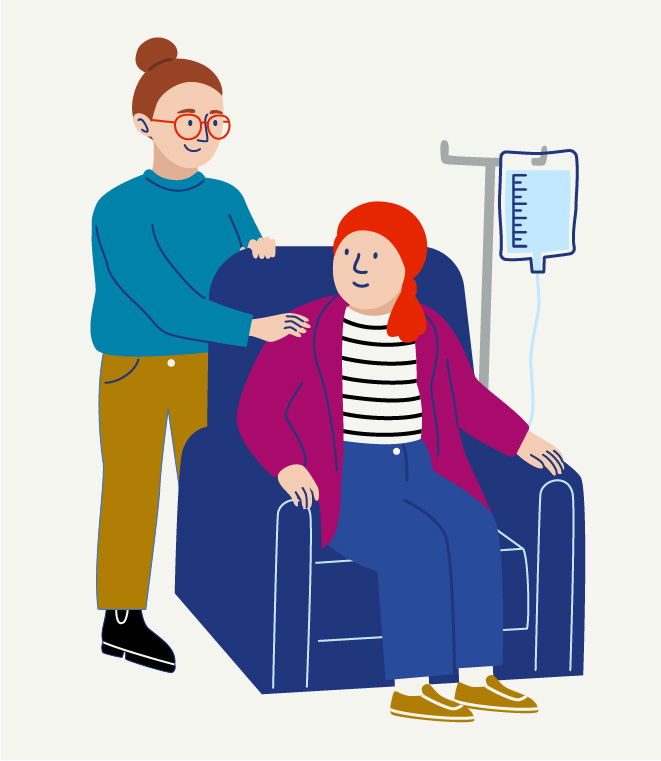Health
What are the signs and symptoms of pancreatic cancer?
By Amy Magill, Office of Clinical Integrity Mar 07, 2025 • 3 min
Pancreatic cancer is the third leading cause of cancer-related death in the United States. It often develops without early symptoms, making it difficult to detect until the cancer has progressed to an advanced stage. By the time pancreatic cancer causes symptoms, it has often grown large or already spread to other parts of the body. Understanding your risk factors and the warning signs to look out for may help find pancreatic cancer sooner.
Pancreatic cancer basics
Pancreatic cancer begins when cells grow abnormally to form a tumor in the pancreas. The pancreas is an organ that sits behind the stomach and in front of the spine. It produces digestive enzymes that help break down food and hormones that help control blood sugar levels. Most pancreatic cancers develop in the cells that make the digestive enzymes.
Risk factors for pancreatic cancer
While the exact cause of pancreatic cancer is unknown, certain factors may contribute to developing the disease. People who smoke, are obese or have diabetes are more likely to develop pancreatic cancer. People with chronic inflammation of the pancreas, who have a family history of pancreatic cancer or certain inherited genetic syndromes, are also at a higher risk. Pancreatic cancer is slightly more common in men than in women.
What are pancreatic cancer warning signs?
In the early stages of pancreatic cancer, there may not be many noticeable signs. As the cancer grows, symptoms may include:
- Jaundice (a yellowing of the skin and eyes) occurs when the bile duct, a tube that carries a liquid called “bile” into the intestines to break down fats in food, becomes blocked by the tumor and bilirubin (yellow substance in bile) builds up in the blood. Other signs of jaundice may include dark, brownish urine and persistent light-colored or greasy stools.
- Pain in the abdomen and back occurs when the cancer grows and starts to press on other nearby organs, or it spreads to nerves surrounding the pancreas.
- Loss of appetite, nausea or unexpected weight loss may occur when the tumor presses on the end of the stomach, making it hard for food to pass through. Individuals may experience some or all of these symptoms.
It’s important to note that if you have one or more of these symptoms, it does not mean you have pancreatic cancer. Many other conditions can cause these symptoms. If you have any unexplained symptoms that worry you, or if you think you are at risk for pancreatic cancer, be sure to see your healthcare provider. Pancreatic cancer has a higher chance of being successfully treated when found at an early stage.
Updated March 2025.
Sources:
- https://acsjournals.onlinelibrary.wiley.com/doi/10.3322/caac.21820
- https://www.cancer.gov/types/pancreatic
- medlineplus.gov/pancreaticcancer.html
- https://www.cancer.org/cancer/pancreatic-cancer/about/what-is-pancreatic-cancer.html
- www.cancer.org/cancer/pancreatic-cancer/detection-diagnosis-staging/signs-and-symptoms.html
- www.cancer.org/cancer/pancreatic-cancer/about/key-statistics.html


